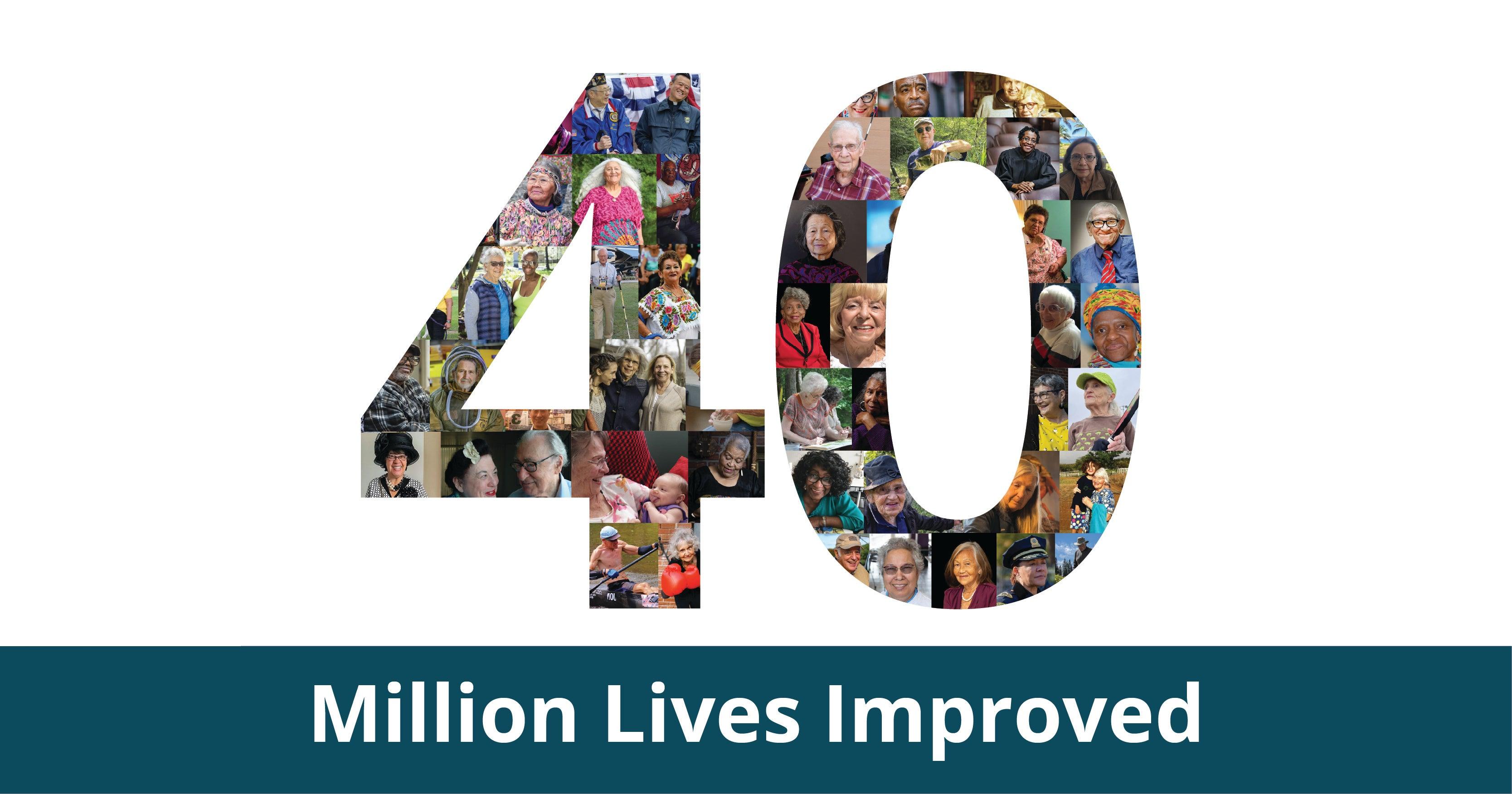A Legacy of Impact
It started with a simple but powerful idea: Older adults should have the resources to live at home and contribute to their communities as long as possible. For more than 75 years, NCOA has turned that idea into reality for millions of Americans.
1950s
The Spark of a Movement
1950
A President's Call
President Harry Truman calls on the Federal Security Agency, then manager of Social Security, to host the first National Conference on Aging. Ollie Randall, a leading social worker and advocate, helps organize the event as head of the new National Committee on the Aging.Meet Ollie Randall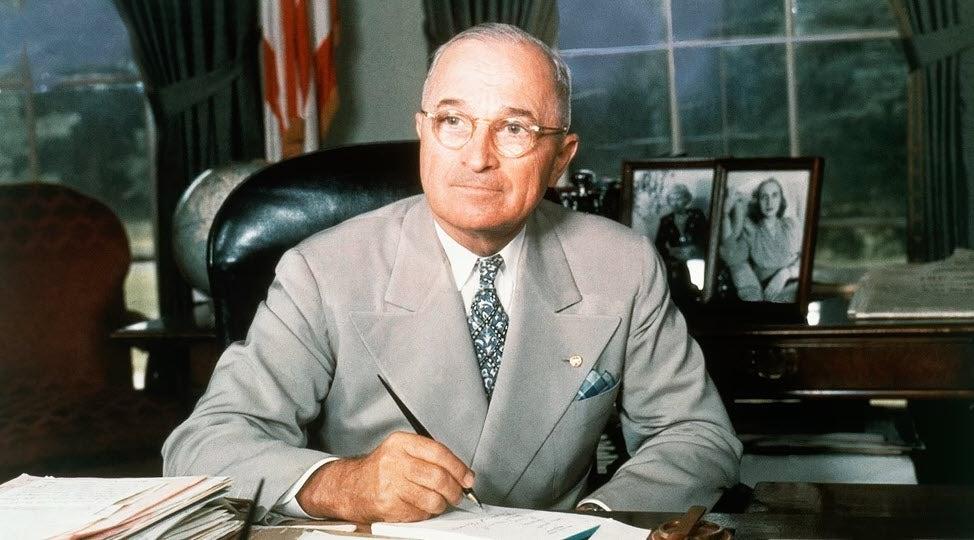
1952
Mandatory Retirement
The National Committee hosts a conference to explore whether chronological age is an acceptable basis for retirement policy. Geneva Mathiasen, the committee’s first executive secretary, edits Criteria for Retirement, a report stating older adults should “have an opportunity to continue working, making some social contribution … as long as they are willing and able.”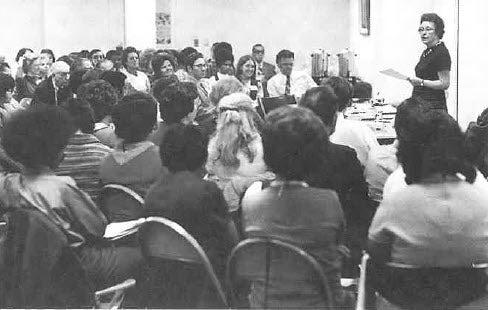
1959
Nursing Home Standards
In the 1950s, few states licensed or inspected nursing homes. After years of study, the National Committee issues a groundbreaking report that spurs action on nursing home legislation, licensing programs, and improvements in practice.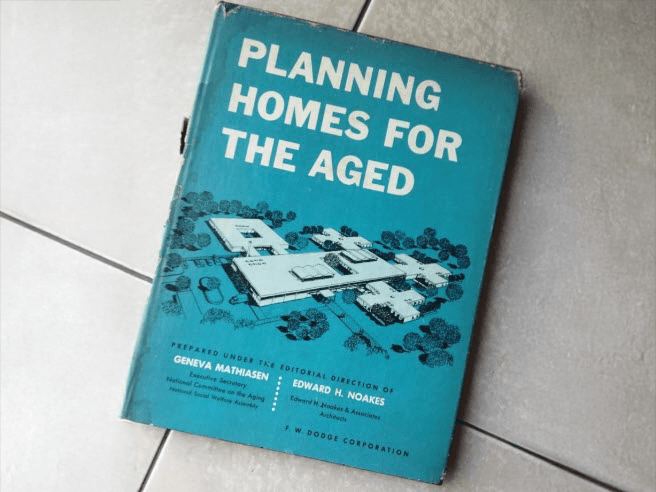
1960s
Landmark Legislation and Momentum
1960
A New Name
With support from the Ford Foundation, the National Committee on the Aging becomes an independent organization and is renamed the National Council on Aging.Read our vision and mission
1961
Nonprofit Nursing Homes
Inspired by the first White House Conference on Aging, NCOA leaders sponsor a new association for nonprofit nursing homes called the American Association of Homes for the Aging. Now named LeadingAge, the organization focuses on improving the nation’s senior living options.Meet LeadingAge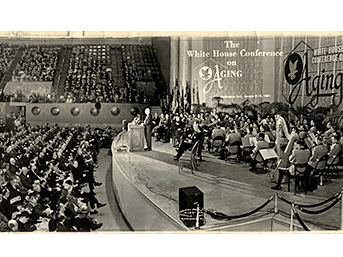
1962
Home-Delivered Meals
NCOA conducts a study of local programs that deliver meals to homebound older adults. The report provides a model for the aging network and leads to federal funding of home-delivered meals programs.See our work on food assistance1965
The Birth of Medicare and the Aging Network
NCOA successfully advocates for the passage of Medicare, Medicaid, and the Older Americans Act, landmark bills that establish the modern aging network. Under Operation: Medicare Alert, NCOA employs teams of older volunteers to educate and enroll more than 3 million people in their new benefits.Learn about Medicare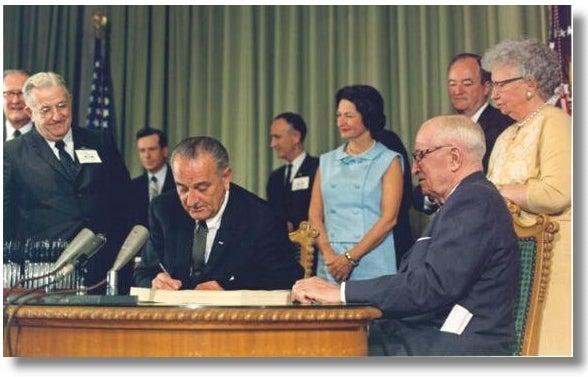
1965
Foster Grandparents
As part of the war on poverty, NCOA publishes guidelines for a model community action program that employs older adults to work with very young children in institutions. Months later, the Foster Grandparents program is launched, and it continues today.Meet Foster Grandparents
1967
Project FIND
NCOA starts Project FIND, the first major effort in the U.S. to study the lives of low-income older adults, identify their greatest needs, and investigate resources available to them. More than 50,000 older adults respond to questionnaires. Project FIND continues today at one of the original pilot sites in New York.Meet Project FIND New York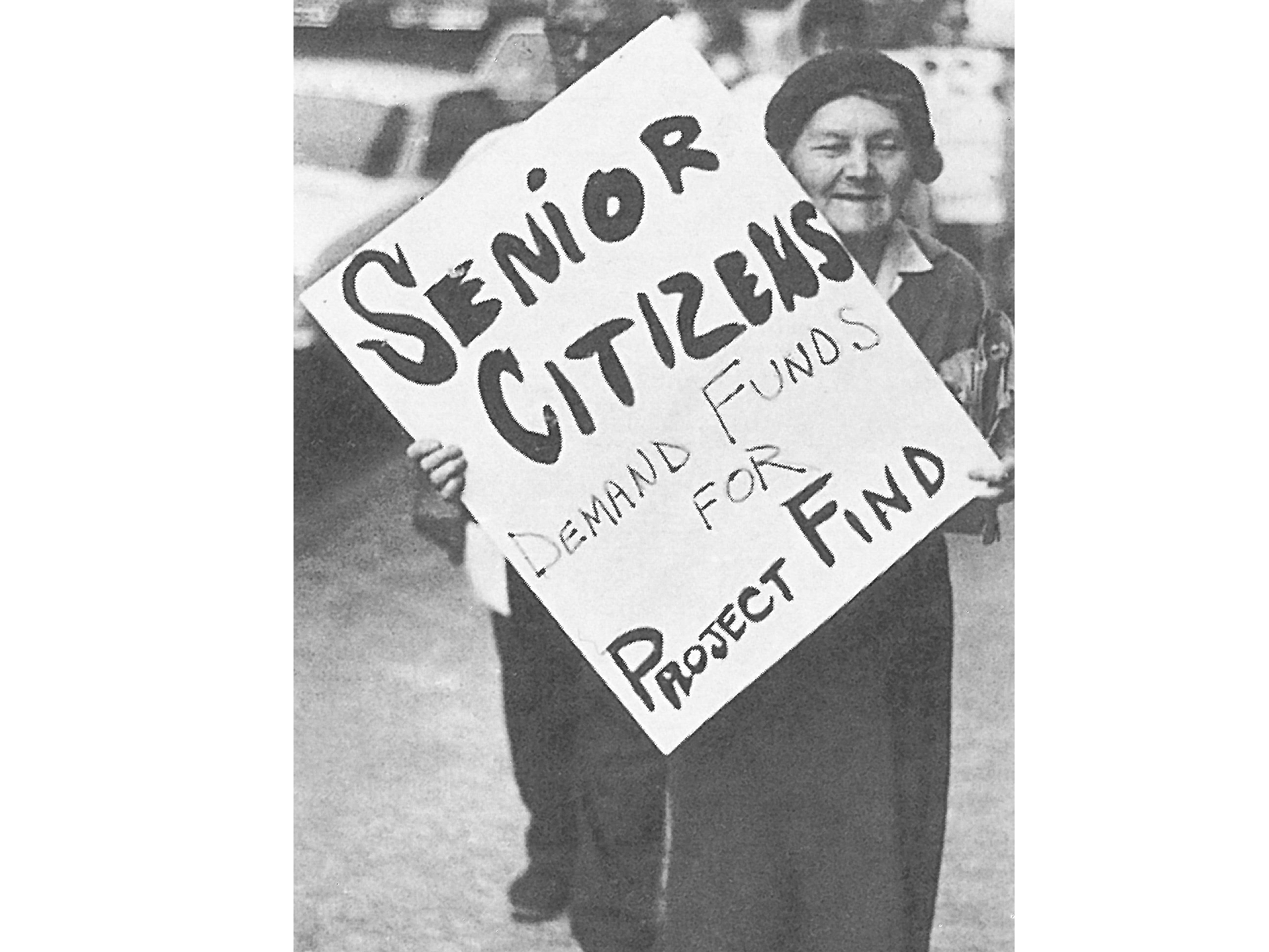
1967
Age Discrimination in Employment Act
Building on its earlier work, NCOA champions passage of the Age Discrimination in Employment Act, which prohibits employers from discriminating against individuals who are 40 or older in any aspect of employment.Learn about older workers1968
Jobs and Training for Older Workers
NCOA contracts with the U.S. Department of Labor to administer the newly created Senior Community Service Employment Program (SCSEP). The initiative offers job training and placement for older workers. NCOA manages 24 SCSEP offices throughout the U.S.Explore SCSEP
1970s
A Broadening Vision
1970
National Institute of Senior Centers
NCOA forms the National Institute of Senior Centers (NISC) to serve as a voice for the growing network of community-based centers established under the Older Americans Act. NISC offers best practices, standards of excellence, and professional development, which continue to this day.Explore NISC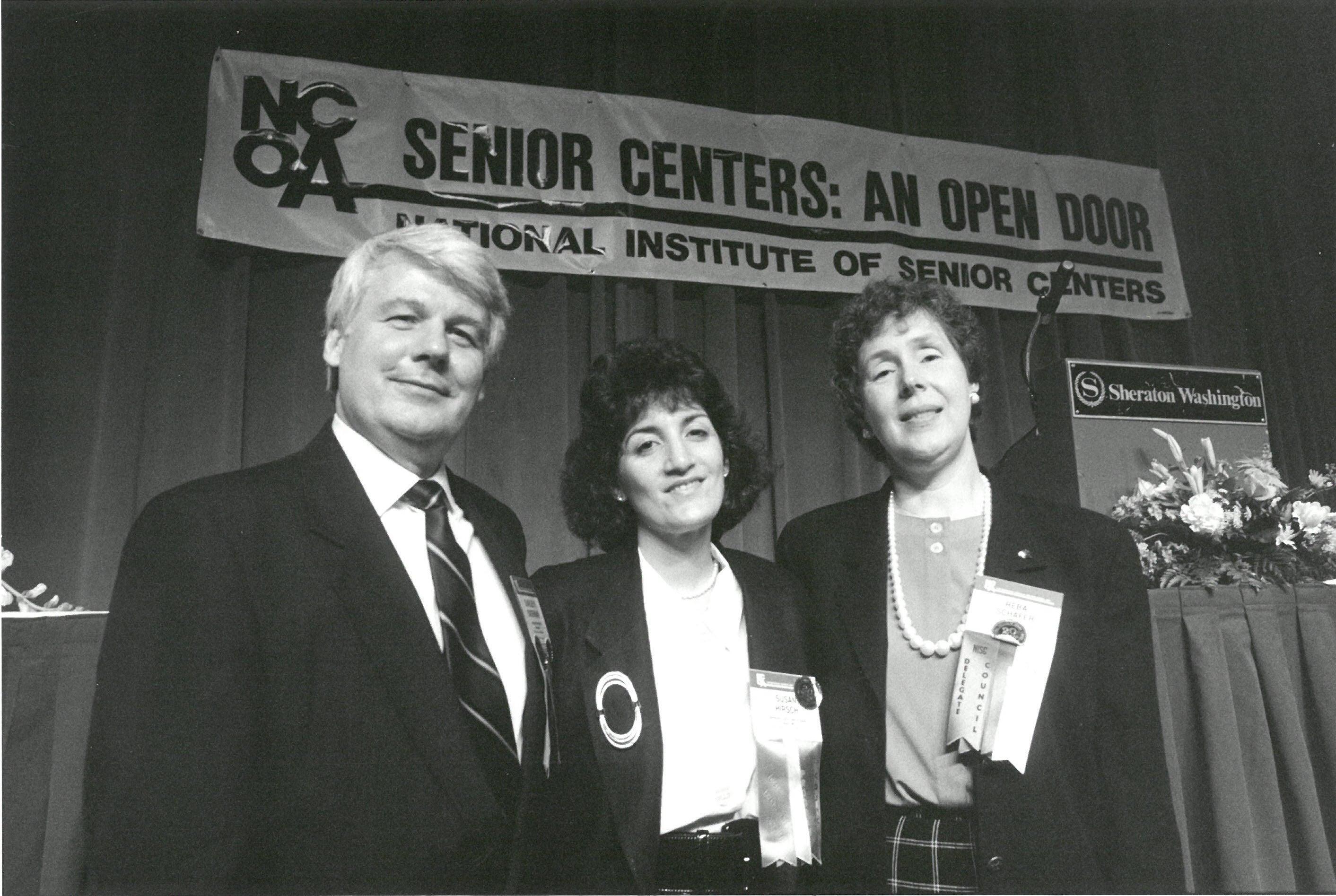
1970
Empowering Communities
To ensure that the needs of Black older adults are addressed at the upcoming 1971 White House Conference on Aging, Hobart Jackson and other NCOA leaders help form the National Caucus & Center on Black Aging. The nonprofit remains the only national organization devoted to minority and low-income aging.Meet NCBA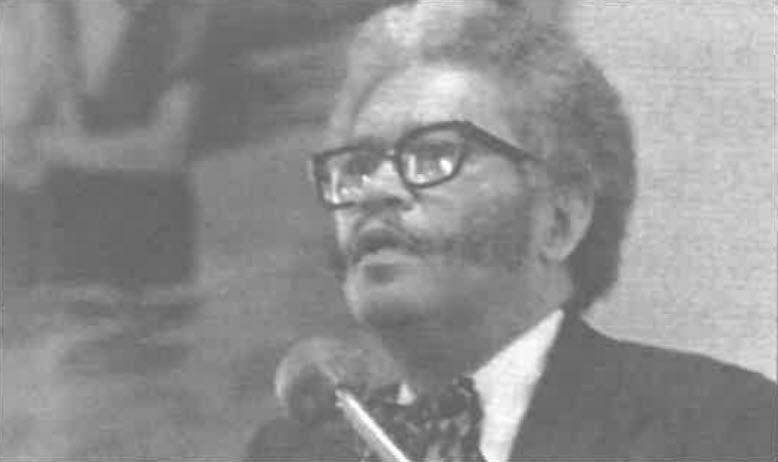
1974
Myths and Realities of Aging
NCOA launches a pioneering study of public attitudes of aging in America. Most respondents say they resent mandatory retirement and want to remain active. Media reports on the findings help shift people’s view of older adults.See how we’re reframing aging today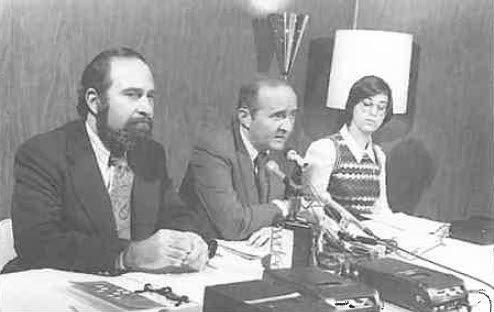
1976
The Power of Art
NCOA partners with the National Endowment for the Humanities to offer reading materials and leadership guides for local discussion groups. More than 40,000 older adults join with their peers to discuss history and literature at 800 sites nationwide.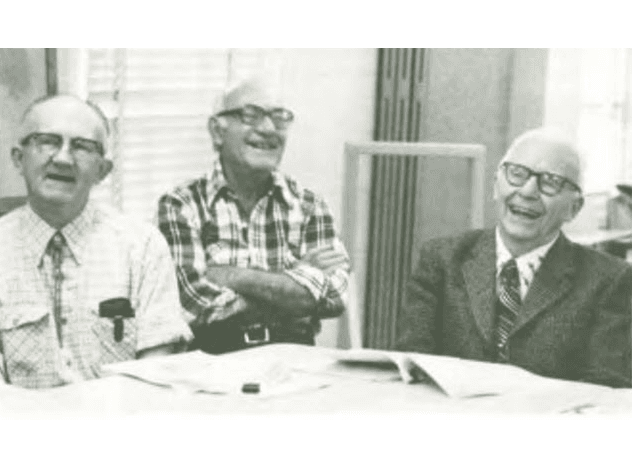
1976
Off Your Rocker
NCOA works with the Ad Council to run a national public service announcement themed Older Persons: A Natural Resource. The billboards and ads in TV, radio, and newspapers urge Americans to “get off your rocker and don’t take old age sitting down.”
1979
Adult Care Standards
NCOA establishes the National Institute on Adult Daycare, now known as the National Adult Day Services Association. The organization provides training for professionals and accreditation for centers, allowing more older adults to live at home.Meet NADSA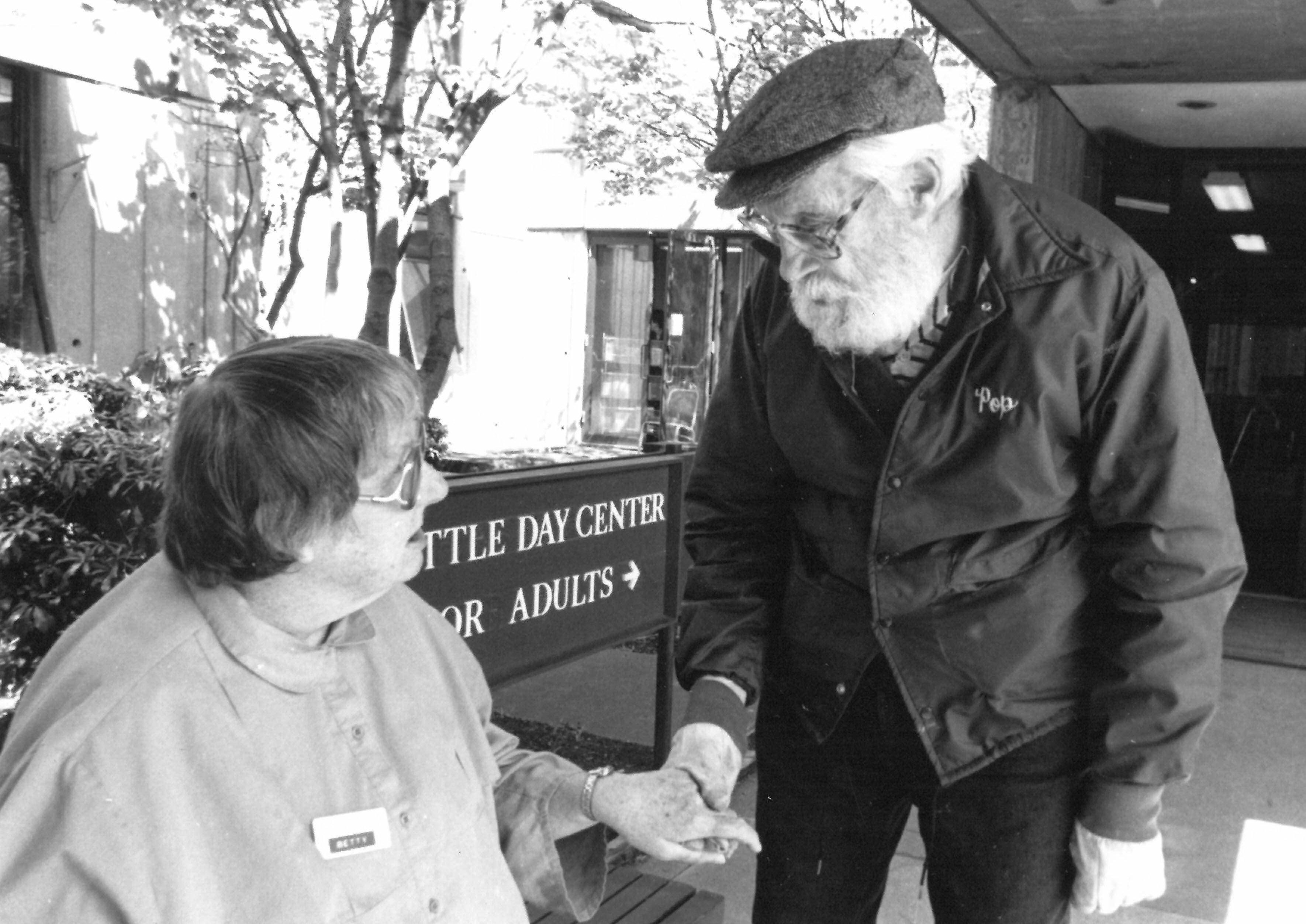
1980s
Building Coalitions
1980
Leadership Council of Aging Organizations
NCOA helps launch the Leadership Council of Aging Organizations (LCAO), which brings together national partners to advocate jointly for systems change. Today, 68 LCAO members continue to collaborate to improve federal aging policy and programs.Meet LCAO
1981
White House Conference on Aging
NCOA plays a central role in the third White House Conference on Aging. Jack Ossofsky, then chief executive of NCOA, leads efforts to safeguard Social Security benefits and broaden opportunities for older workers.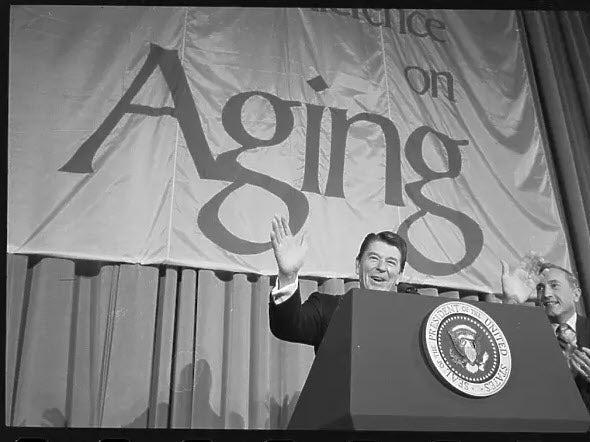
1985
Senior Center Week
President Ronald Reagan signs the first Senior Center Week presidential proclamation, calling on everyone to “honor older Americans and those local organizations that bring together activities and services for their benefit.”Explore Senior Center Month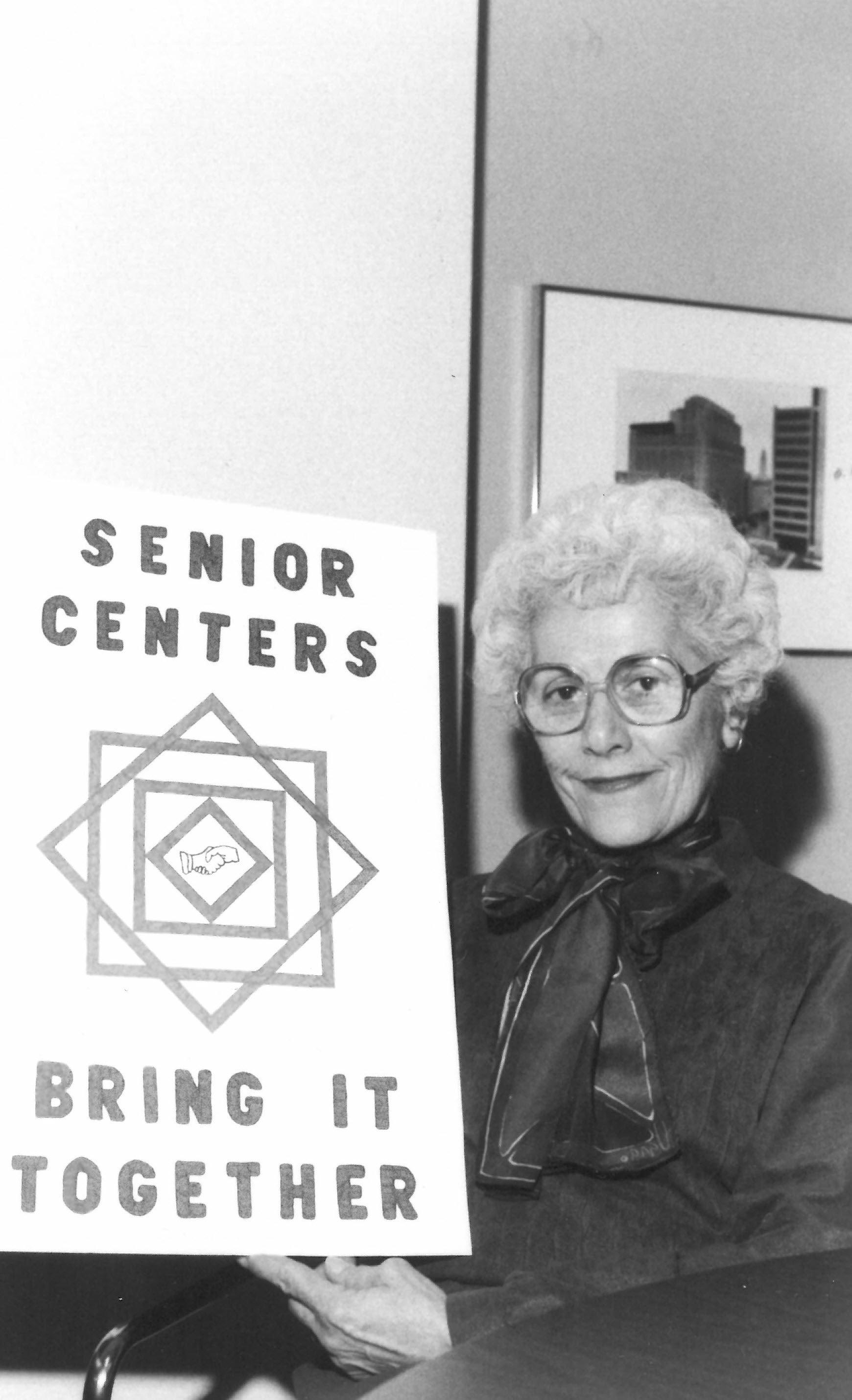
1986
An End to Mandatory Retirement
In a culmination of more than three decades of advocacy, NCOA successfully urges Congress to amend the 1967 Age Discrimination in Employment Act to finally eliminate mandatory retirement, making it illegal for most employers to force employees to retire based solely on age.1986
Generations United
NCOA joins with the Child Welfare League of America, Children’s Defense Fund, and AARP to found Generations United, a nonprofit still at work today bringing generations together and advocating for sound intergenerational policy.Meet Generations United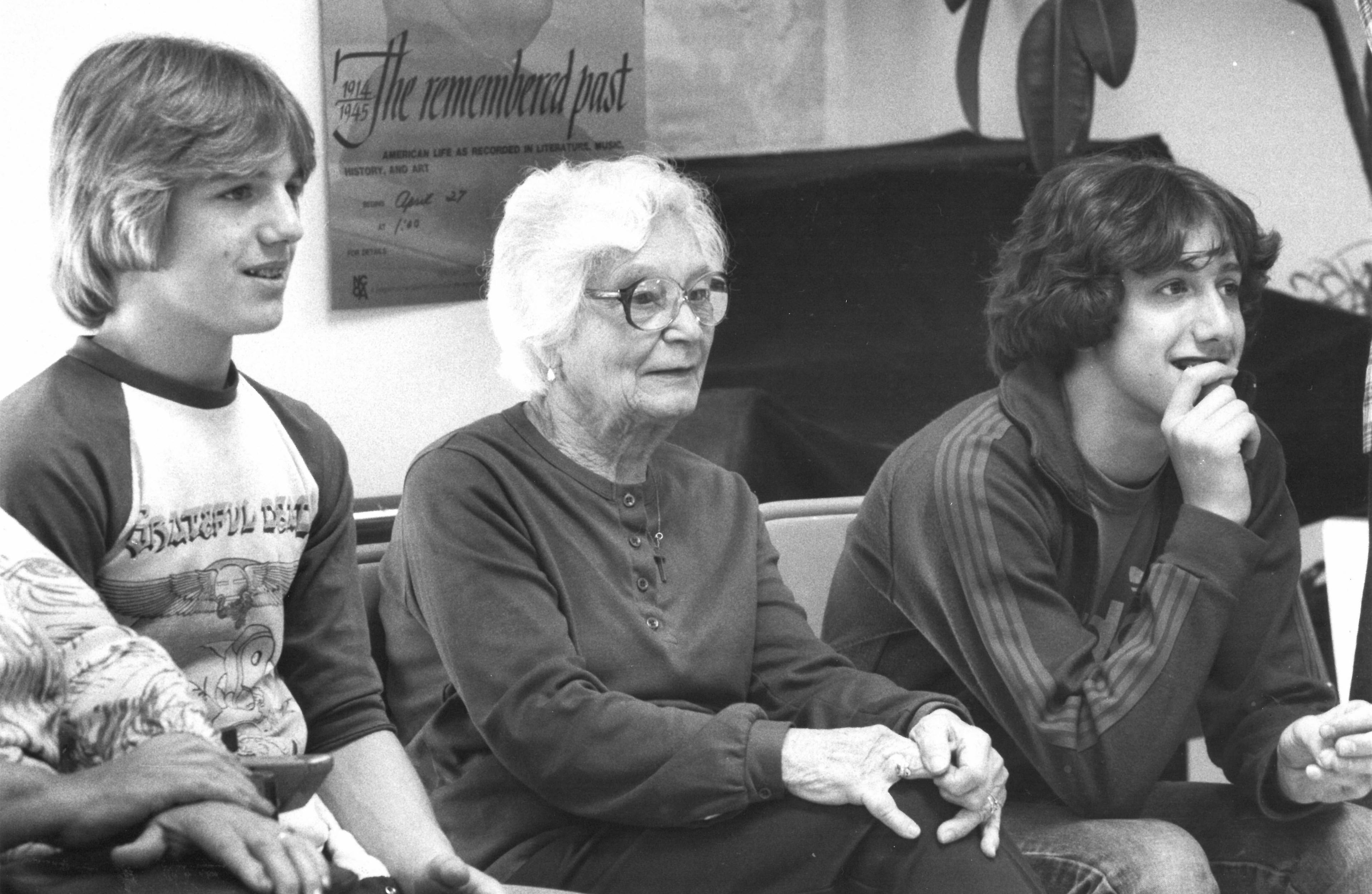
1987
Long-Distance Caregivers
An NCOA survey is the first to study long-distance caregivers. The research finds that nearly 7 million Americans are serving in this role, and they collectively lose about 15 million days of work annually.Find caregiver support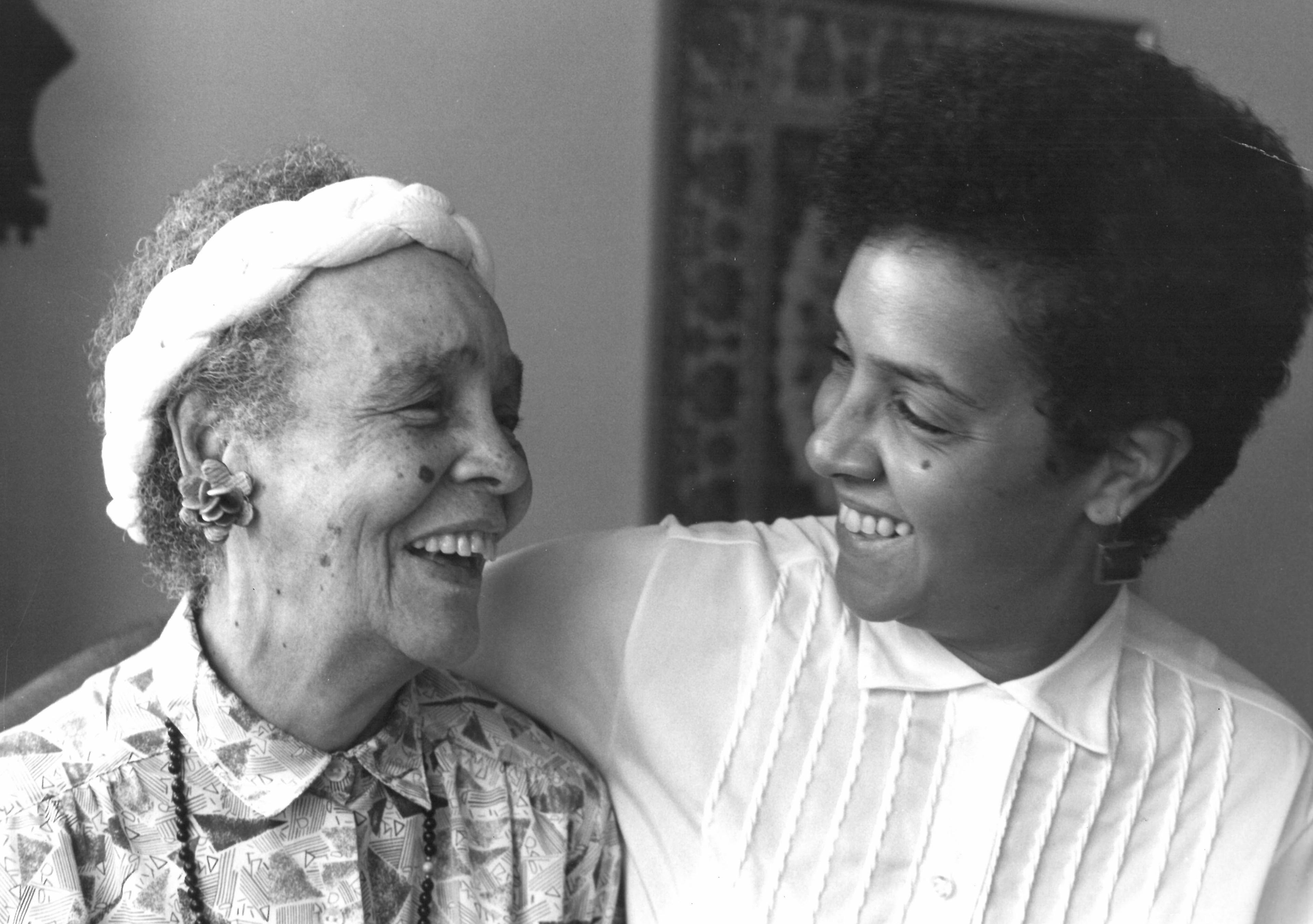
1990s
Advancing Healthy Aging
1990
Health Promotion Institute
NCOA launches the Health Promotion Institute to promote the physical, mental, emotional, social, and spiritual well-being of older adults. The institute focuses on injury prevention, immunization, and consumer information.See our work in healthy aging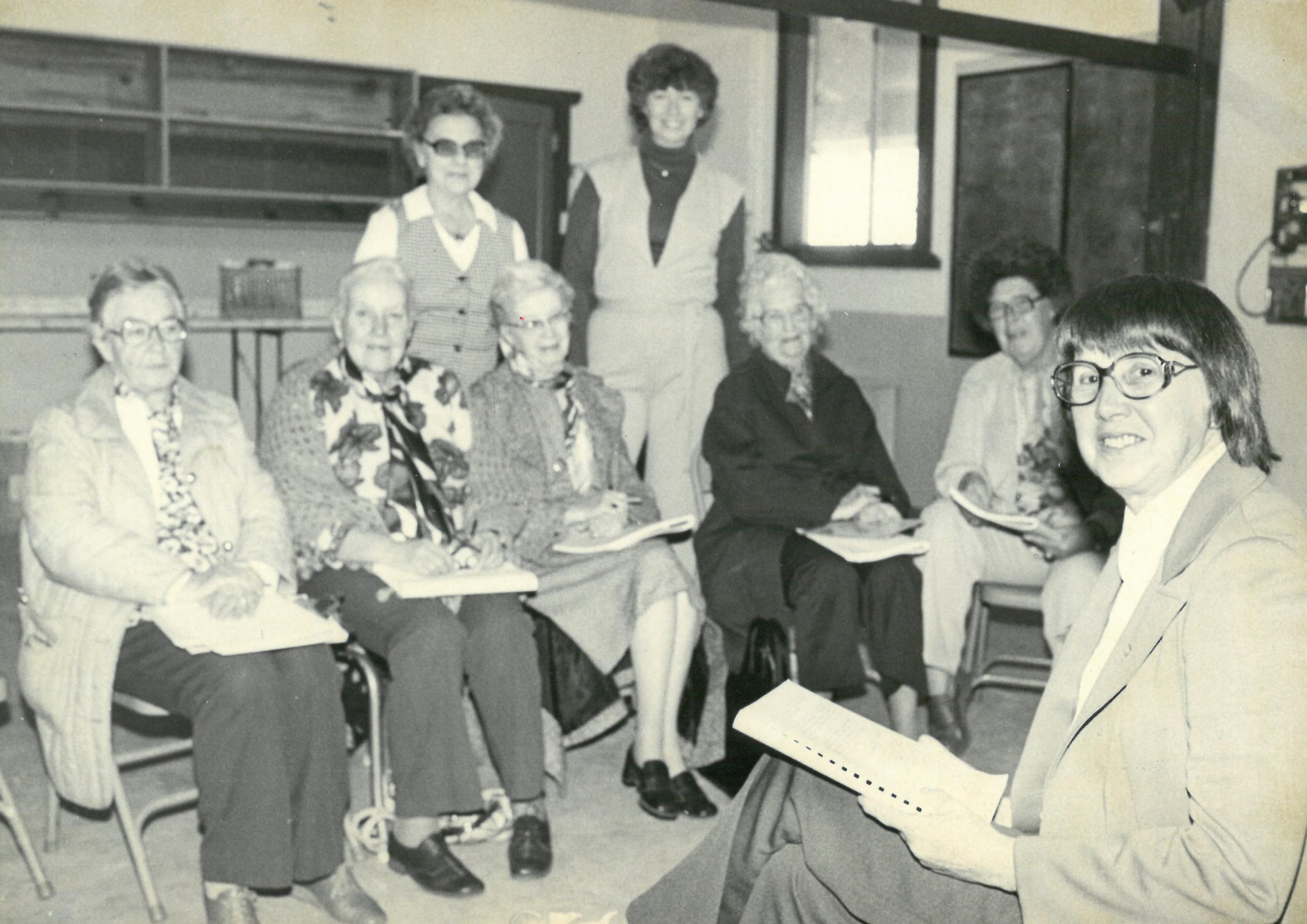
1995
Independent Choices
NCOA works to enhance consumer choices about home and community-based long-term care services for older adults and people with disabilities. The Independent Choices program acts as a national catalyst for self-determination and consumer direction in long-term care.
1996
Senior Center Accreditation
In an effort to advance best practices and standards among senior centers, NCOA develops the nation’s first senior center accreditation program. The program includes a self-assessment, peer review, and on-site visit.Explore our senior center standards of excellence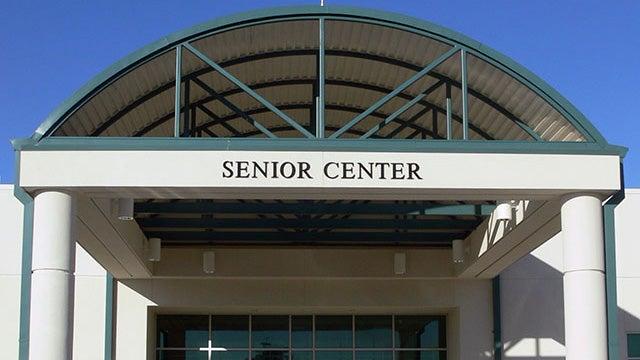
1997
National Health Surveys
NCOA begins conducting surveys on everything from chronic pain and untreated hearing loss to sex and high blood pressure. The hearing loss study finds a link between untreated hearing loss and emotional distress, social isolation, and paranoia.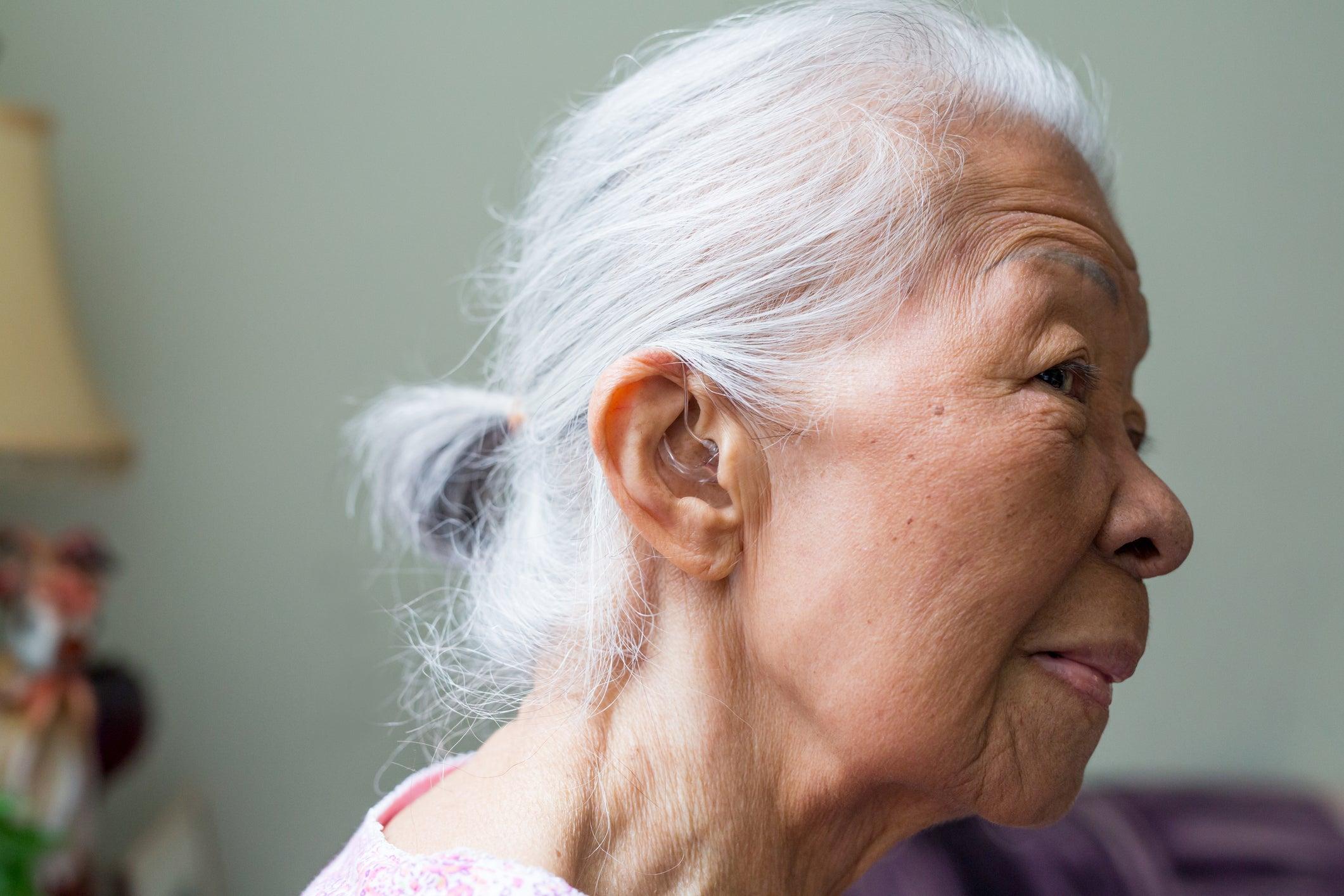
2000s
Improving Access to Benefits
2001
BenefitsCheckUp®
Under the leadership of Jim Firman, president and CEO, NCOA harnesses the newfound power of the internet to connect eligible older adults to benefits online. BenefitsCheckUp® helps visitors see if they might qualify for programs to help them afford food, medicine, and other daily costs.Visit BenefitsCheckUp
2003
Prescription Drug Coverage
In the nation’s first major expansion of Medicare, Congress passes the Medicare Part D prescription drug program. NCOA successfully advocates for federal funding to help low-income people with Medicare afford their health care and to conduct outreach and enrollment to ensure older adults are getting the new benefits.Learn more about Part D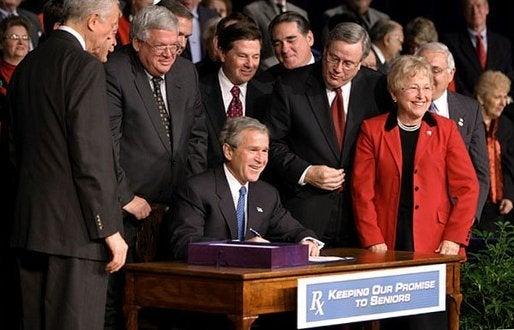
2003
Evidence-Based Health Programs
In a major expansion of its role in healthy aging, NCOA is named the national technical resource center for a federal initiative to develop and spread evidence-based programs to older adults nationwide.Explore evidence-based programs2004
My Medicare Matters
As Medicare Part D is implemented, NCOA unites more than 100 organizations in the My Medicare Matters campaign to enroll 320,000 individuals in the new Extra Help program that provides prescription drug cost assistance to people with low incomes.Learn about Extra Help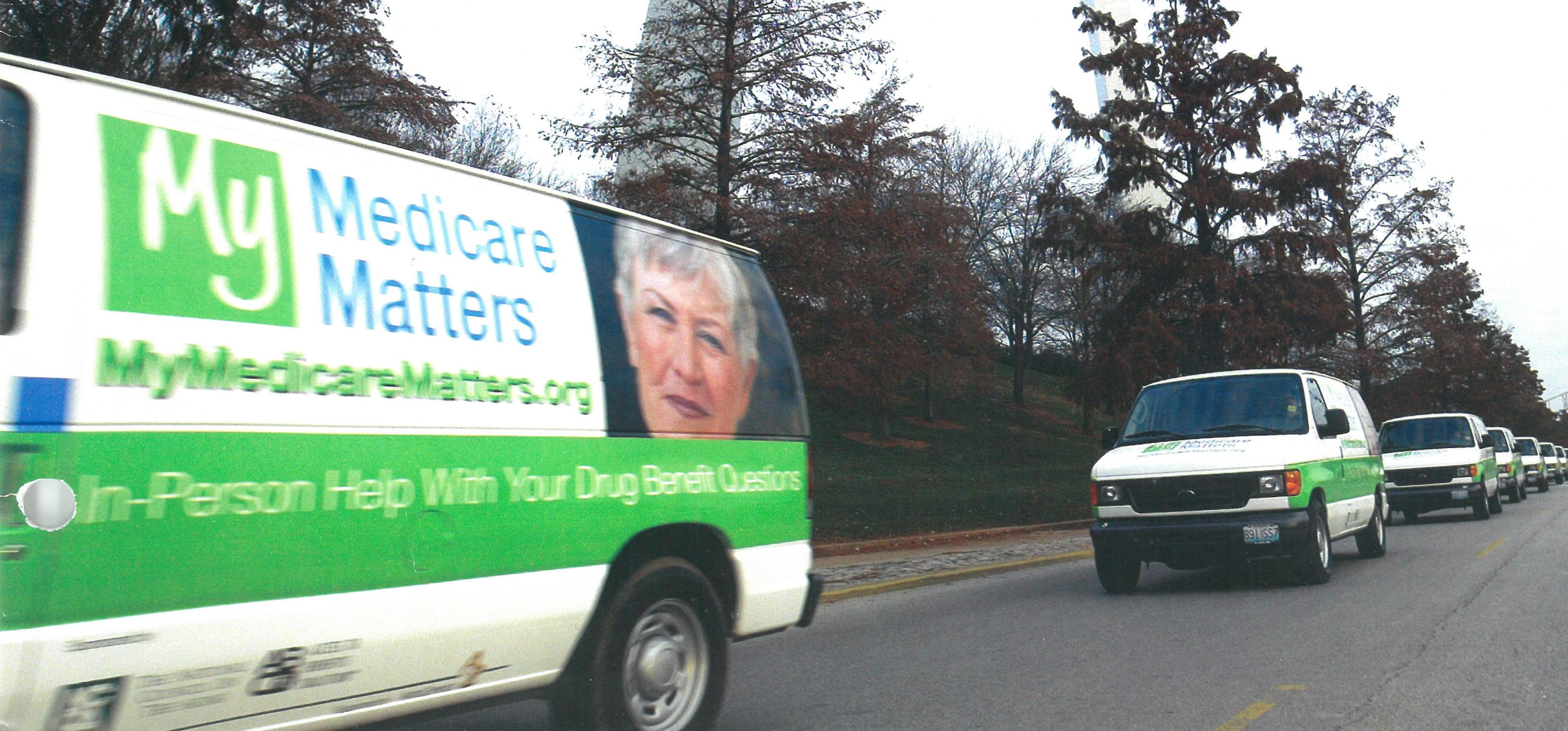
2005
Falls Prevention
NCOA launches the Falls Free® Initiative and releases the landmark Falls Free National Action Plan to map a strategy to reduce falls among older adults. One year later, NCOA hosts the first National Falls Prevention Awareness Day on the first day of fall in September.Meet the Falls Free Initiative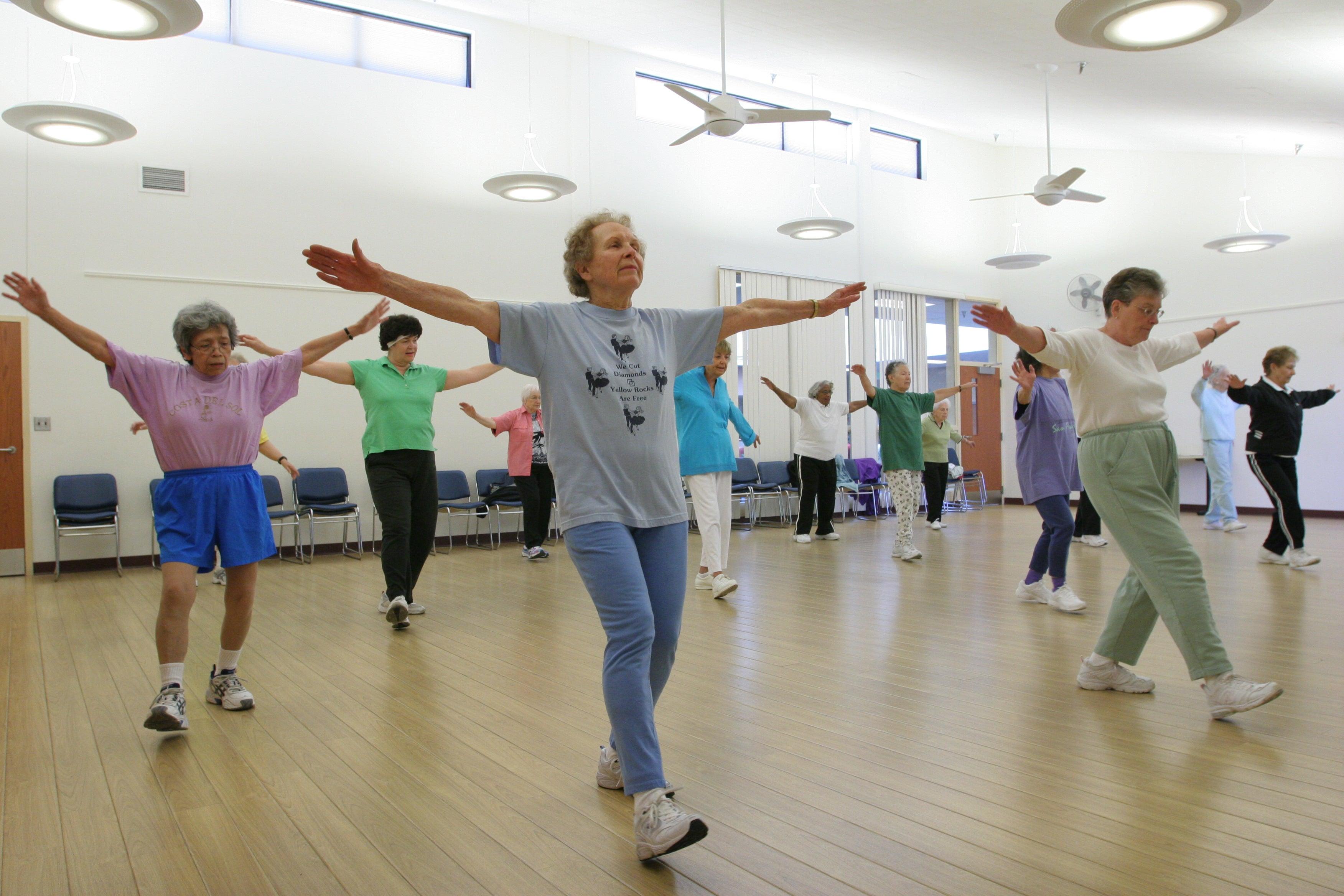
2007
Benefits Outreach and Enrollment
NCOA advocacy leads to the creation of the National Center for Benefits Outreach and Enrollment. NCOA is selected to manage the center, which leads efforts to find and enroll eligible older adults into benefits programs.Learn more about benefits access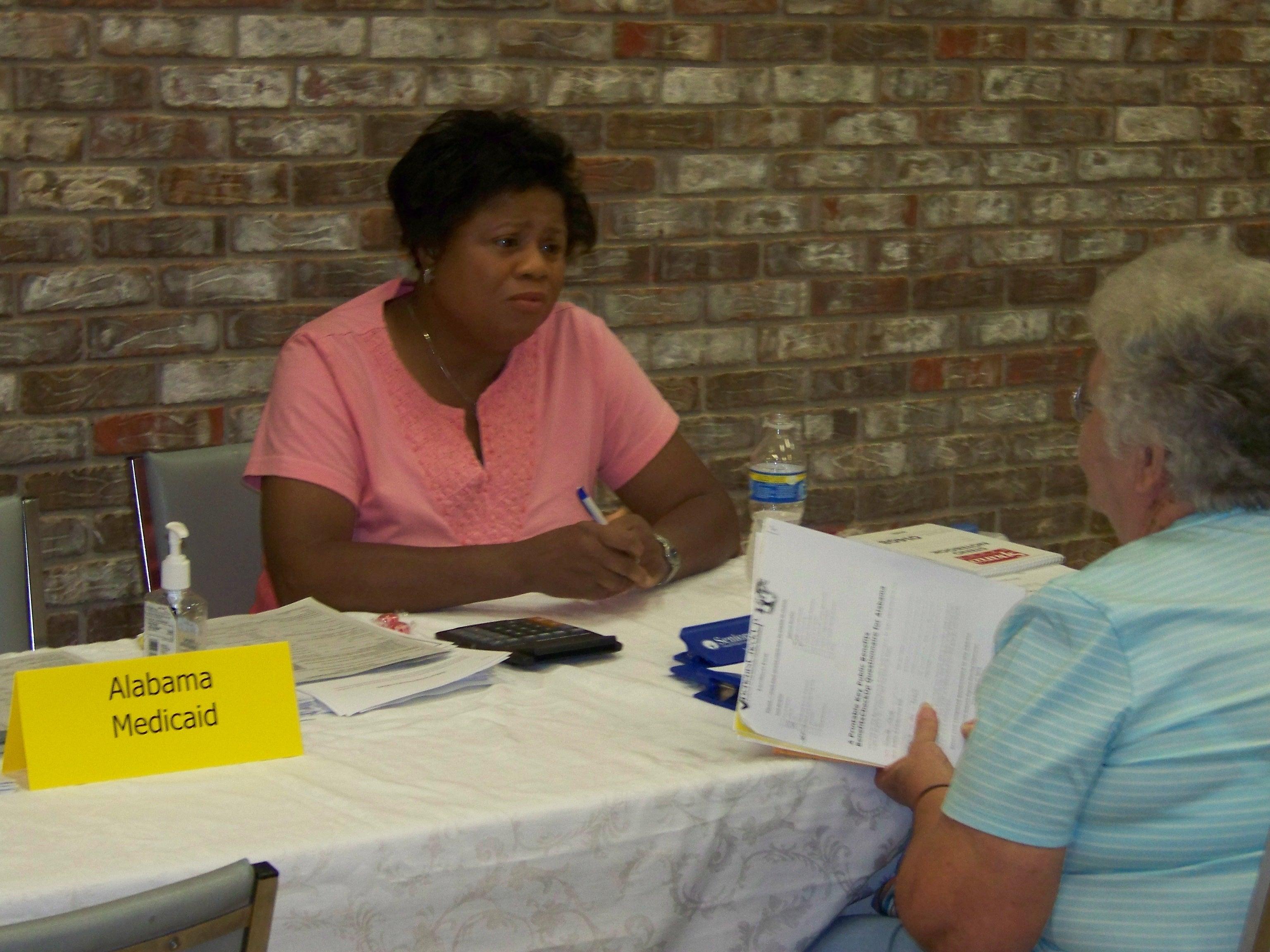
2008
Federal Funding for Falls
NCOA persuades Congress to pass the Keeping Seniors Safe from Falls Act, which authorizes demonstration programs, research, and public education on falls prevention.Get the facts on falls2008
Reverse Mortgage Education
The U.S. Department of Housing and Urban Development requires reverse mortgage counselors to use NCOA's BenefitsCheckUp and educational guide with all older homeowners who are considering a reverse mortgage.Download Use Your Home to Stay at Home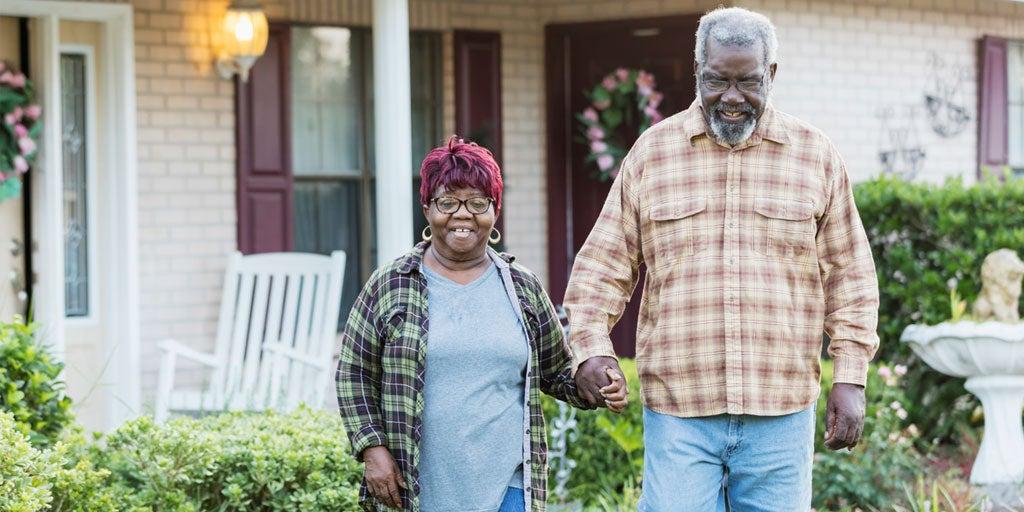
2009
Elder Justice Act
NCOA leads the Elder Justice Now campaign to raise awareness of elder abuse. The effort leads to the 2010 passage of the Elder Justice Act.Get the facts on elder abuse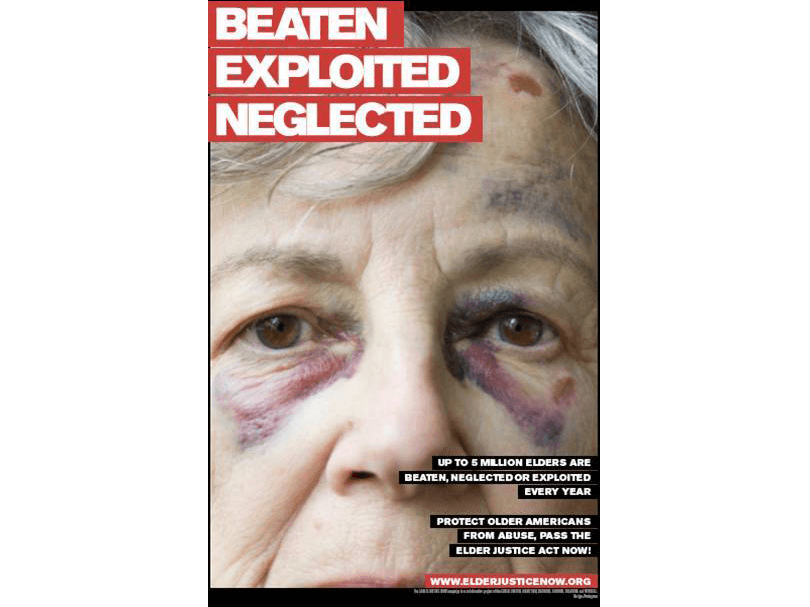
2010s
Innovation and Advocacy
2010
Affordable Care Act
NCOA strengthens provisions in the Affordable Care Act to improve Medicare chronic care and Medicaid home and community-based services, then educates older adults about the new law through the Straight Talk for Seniors® campaign.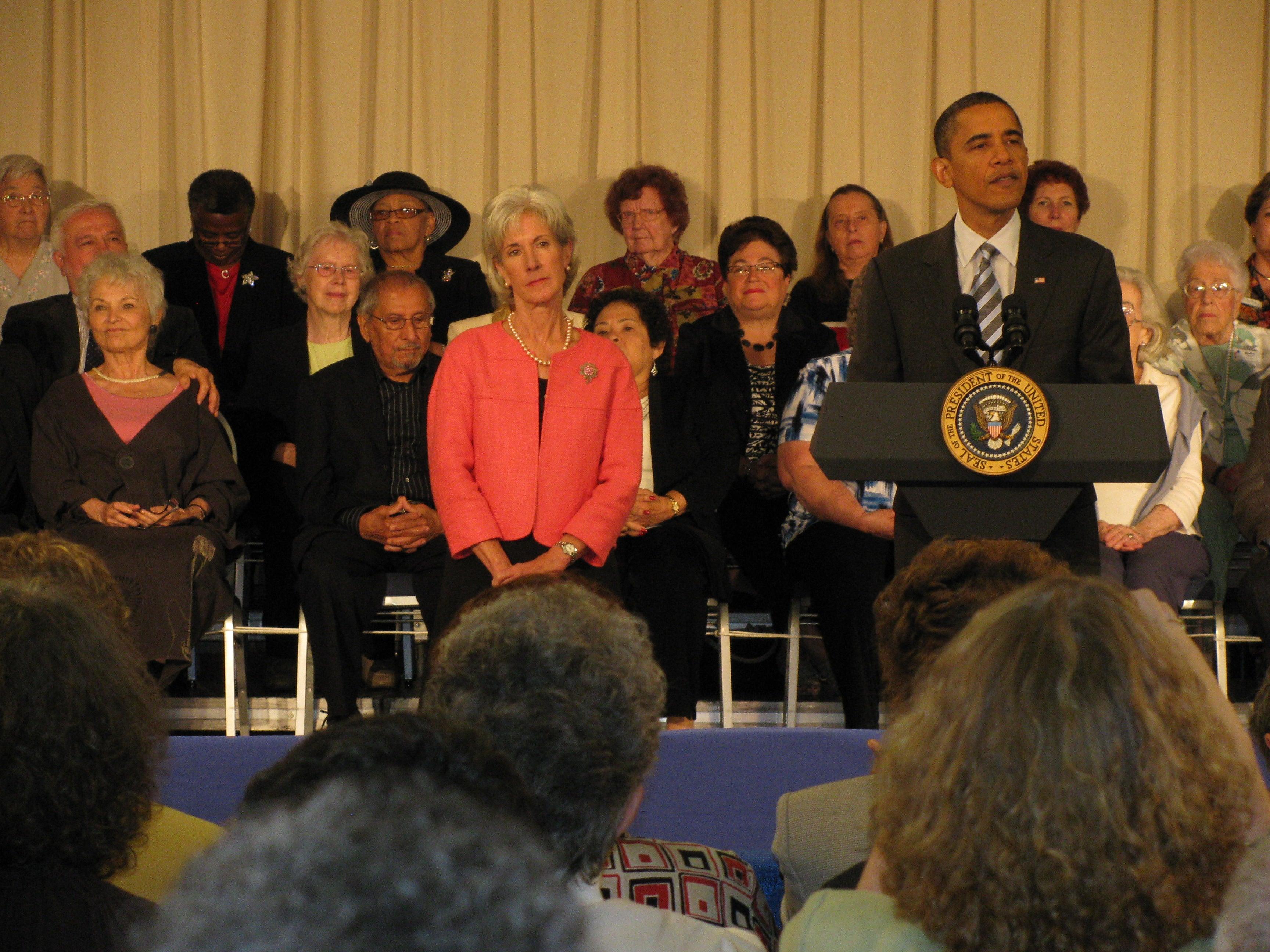
2013
Aging Mastery Program
Under the leadership of Jim Firman, President and CEO, NCOA launches the Aging Mastery Program® (AMP), an innovative workshop designed to help older adults make the most of their longevity.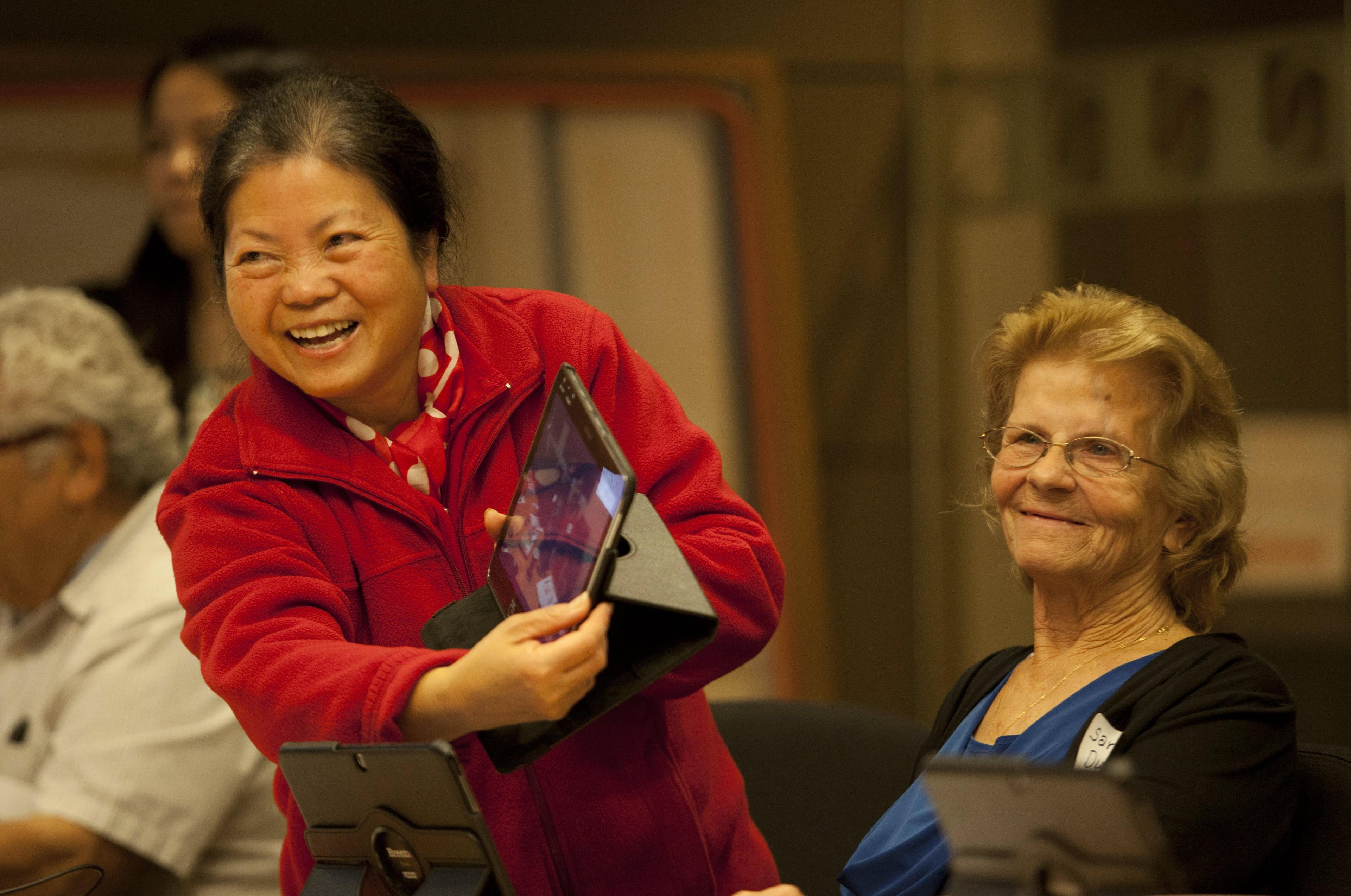
2014
Senior Hunger
With funding from the Walmart Foundation, NCOA builds on its benefits access work through a new senior hunger initiative focused on enrolling more eligible older adults into the Supplemental Nutrition Assistance Program (SNAP).See our work on hunger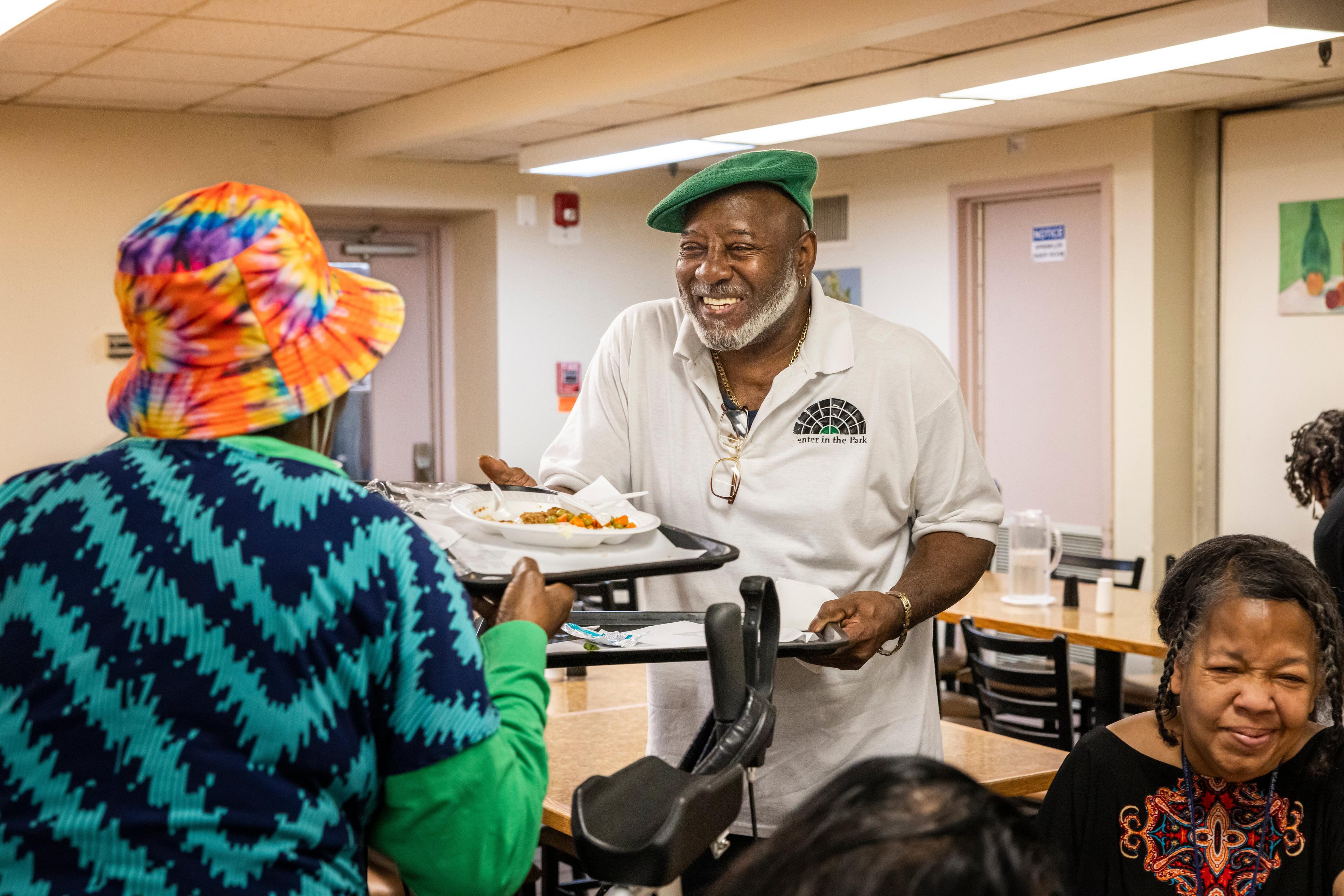
2014
Falls Prevention Leadership
NCOA receives federal funding to establish the National Falls Prevention Resource Center, which provides grants and support to local organizations offering evidence-based programs.Meet the resource center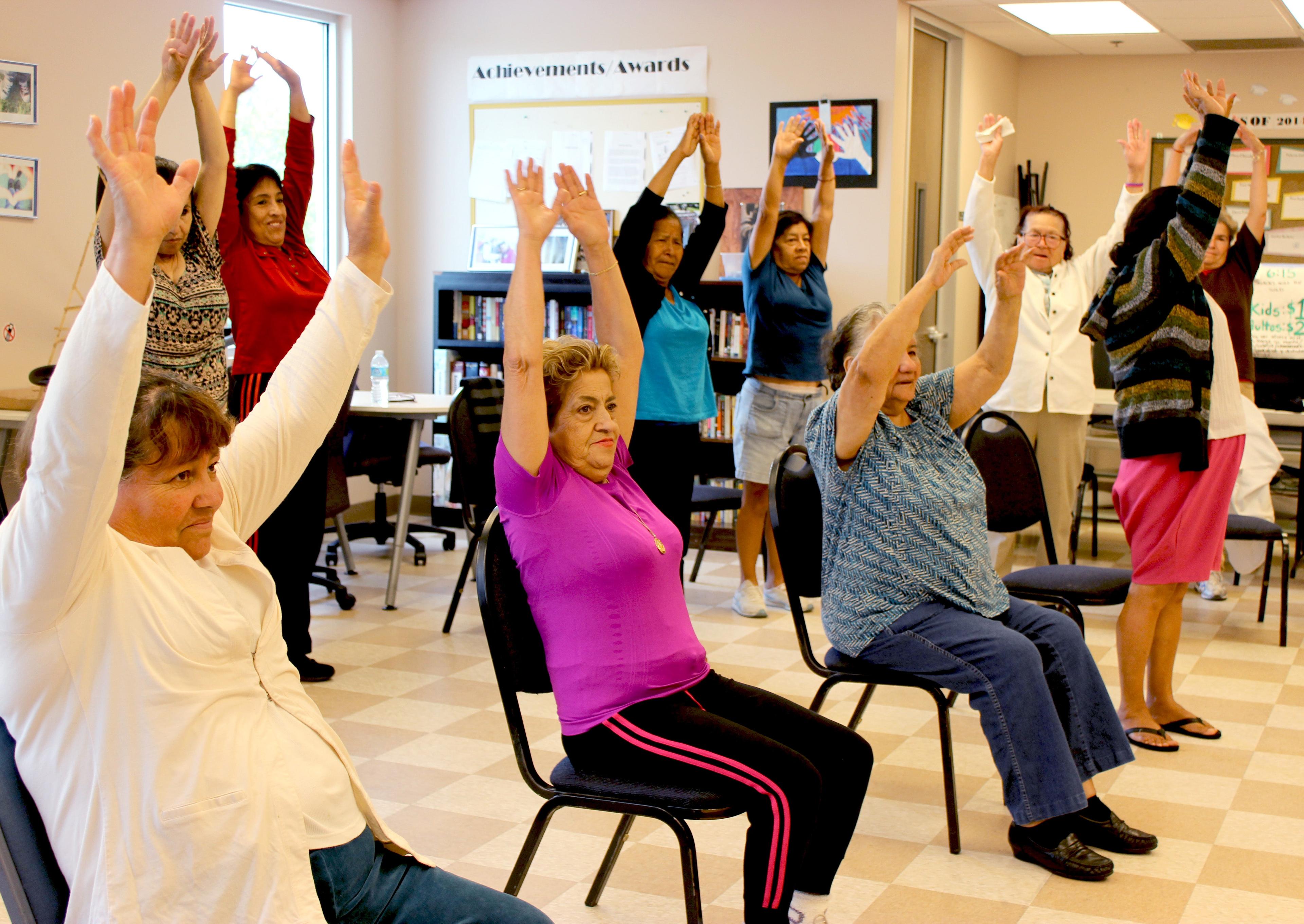
2015
Medicare Savings
Thanks to NCOA’s advocacy, 579,000 people with low incomes and Medicare gain permanent access to Medicare’s Qualifying Individual program to help pay their Medicare costs.Learn about Medicare Savings Programs2019
Age+Action
Over 1,000 aging services professionals from across the nation attend NCOA’s first Age+Action® Conference to share ideas and advocate on Capitol Hill.Explore Age+Action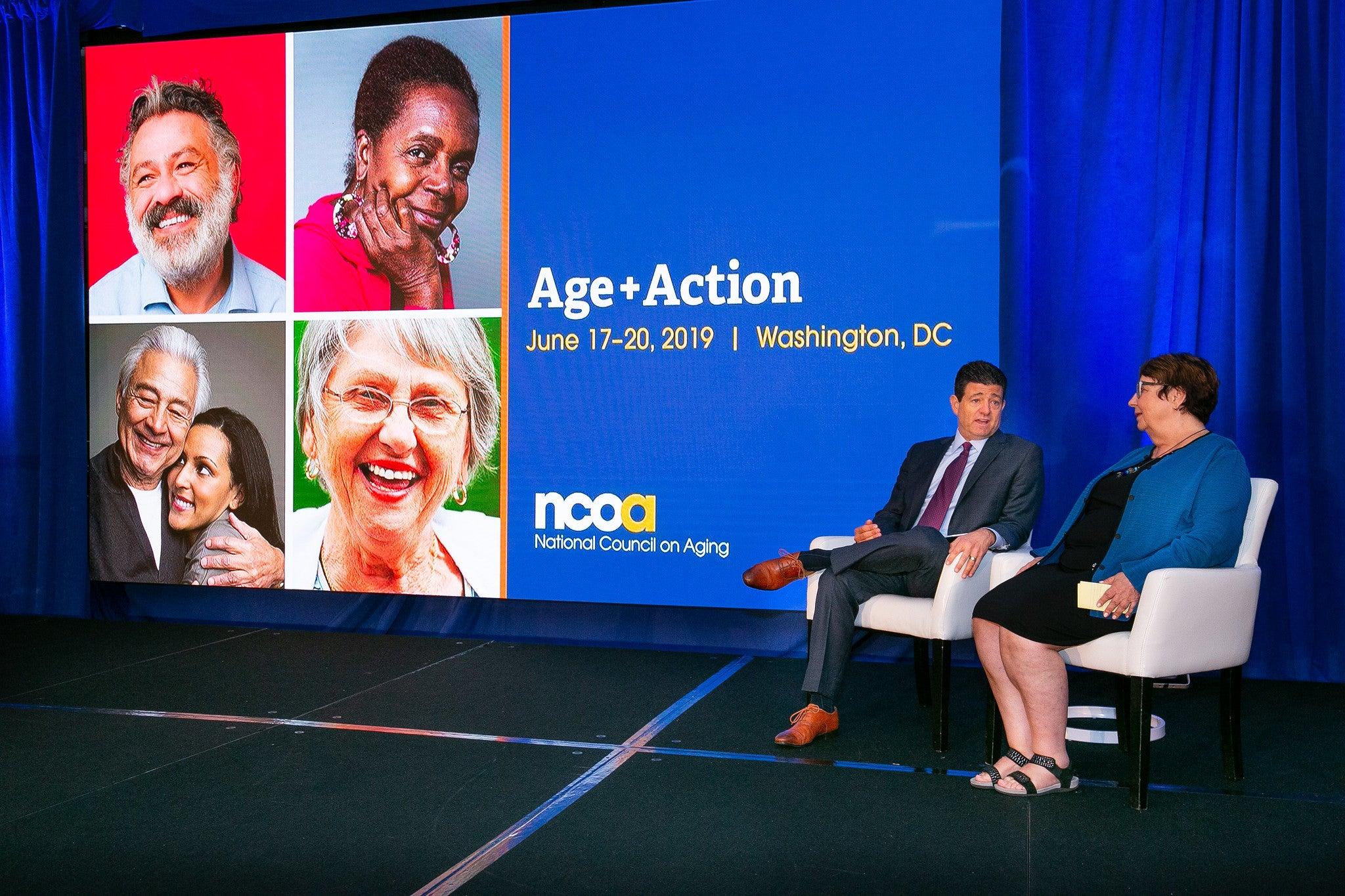
2020s
Growing Toward the Future
2020
COVID Pandemic
In response to the pandemic, NCOA supports the aging services network as they provide crucial food, services, virtual programs, and support to isolated older adults.Learn more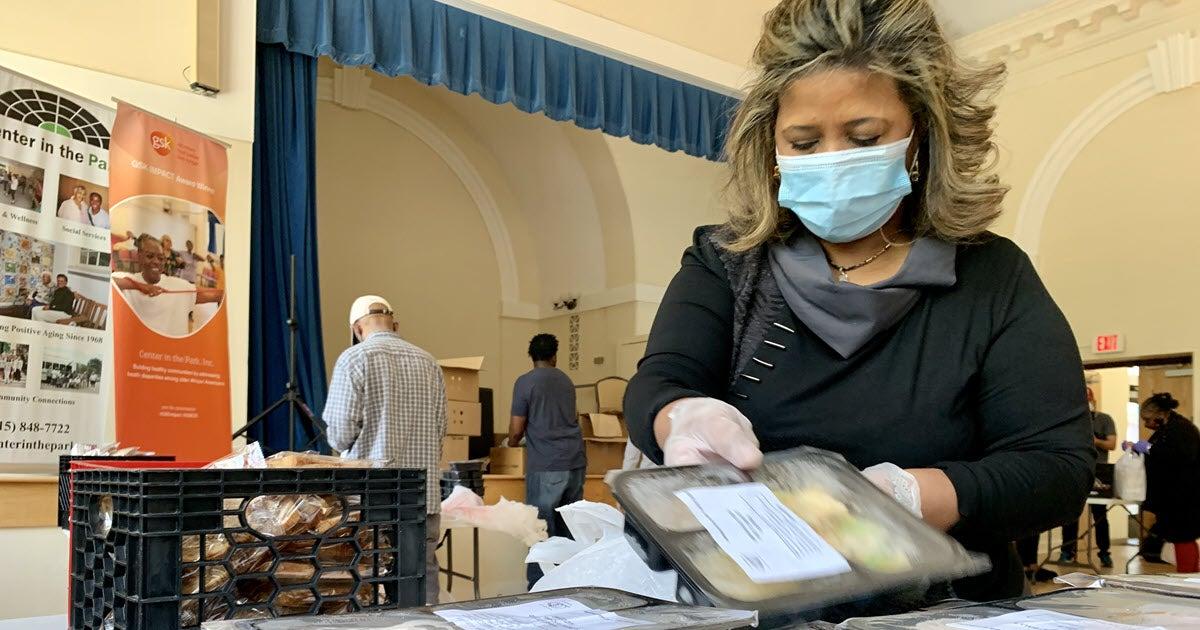
2020
Falls Free CheckUp
NCOA launches the Falls Free CheckUp®, a free online tool that enables older adults to check their risk for falling.Check your risk of falling
2021
American Rescue Plan
In the American Rescue Plan, NCOA successfully advocates for $1.43 billion in pandemic relief funding for critical community programs under the Older Americans Act.
2021
Benefits Helpline
NCOA launches the Benefits Helpline, a toll-free number for BenefitsCheckUp users to receive in-person assistance applying for benefits.Visit BenefitsCheckUp
2022
Inflation Reduction Act
NCOA successfully advocates for provisions in the Inflation Reduction Act that cap Medicare out-of-pocket prescription drug costs, allow Medicare to negotiate drug prices, and strengthen assistance for low-income beneficiaries.See what's included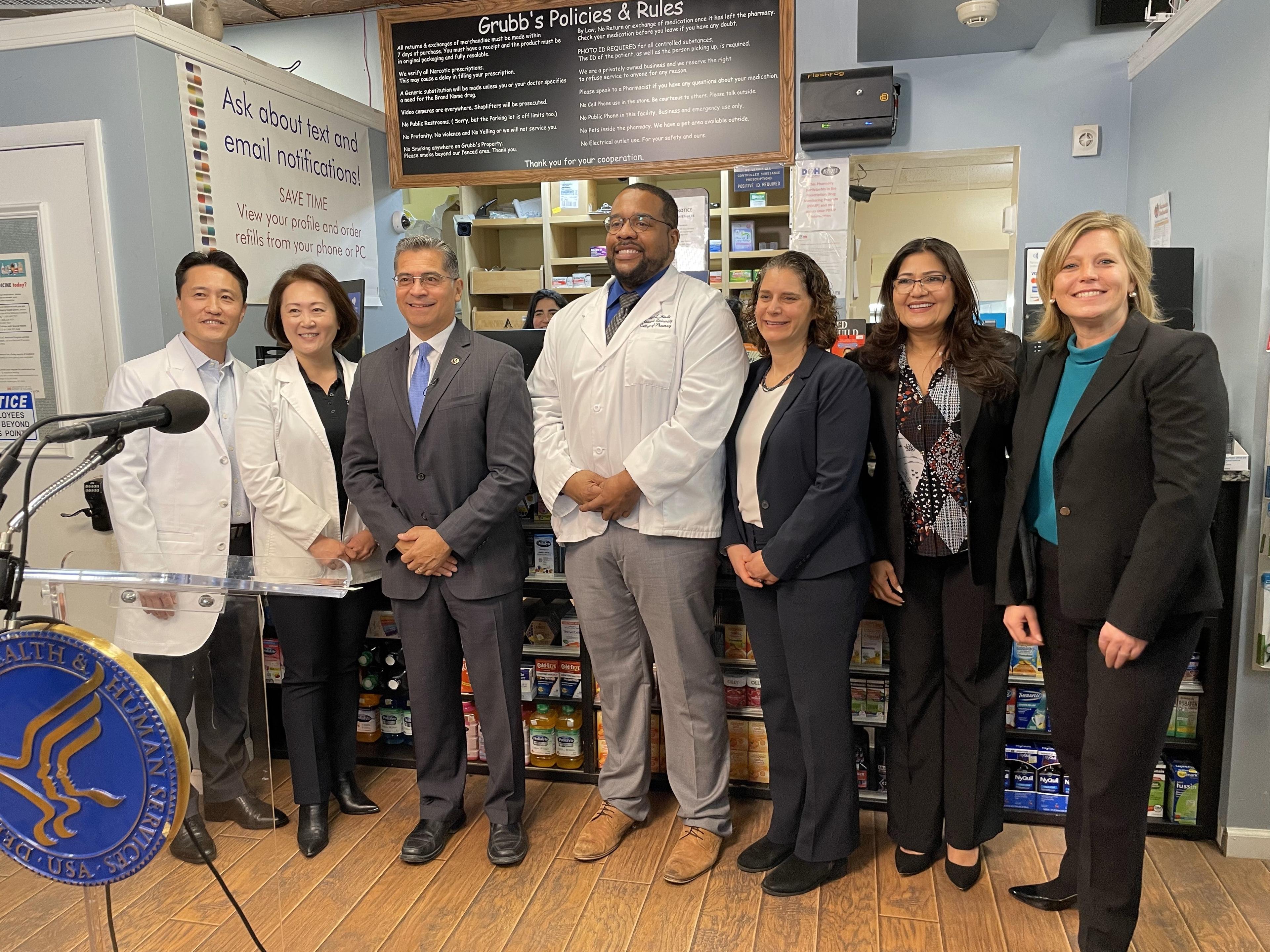
2022
Direct Care Workforce
NCOA receives funding to establish the Direct Care Workforce Strategies Center to improve recruitment, training, and retention of the nation’s direct care workforce.Visit the center2022
NCOA Product Resources
NCOA launches a free online resource that helps older adults save money by providing expert reviews on products and services to age well.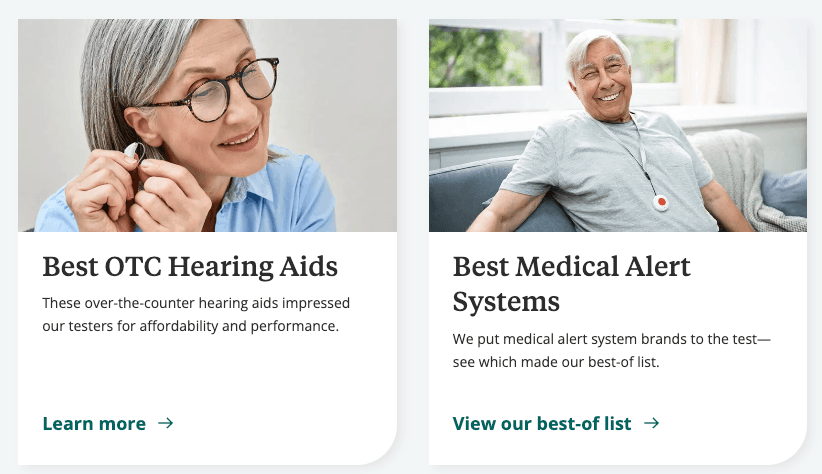
2023
Vaccine Access
With federal funding, NCOA leads a national campaign to ensure older adults and people with disabilities receive the latest COVID and flu vaccines, resulting in 320,000 vaccines administered.Learn more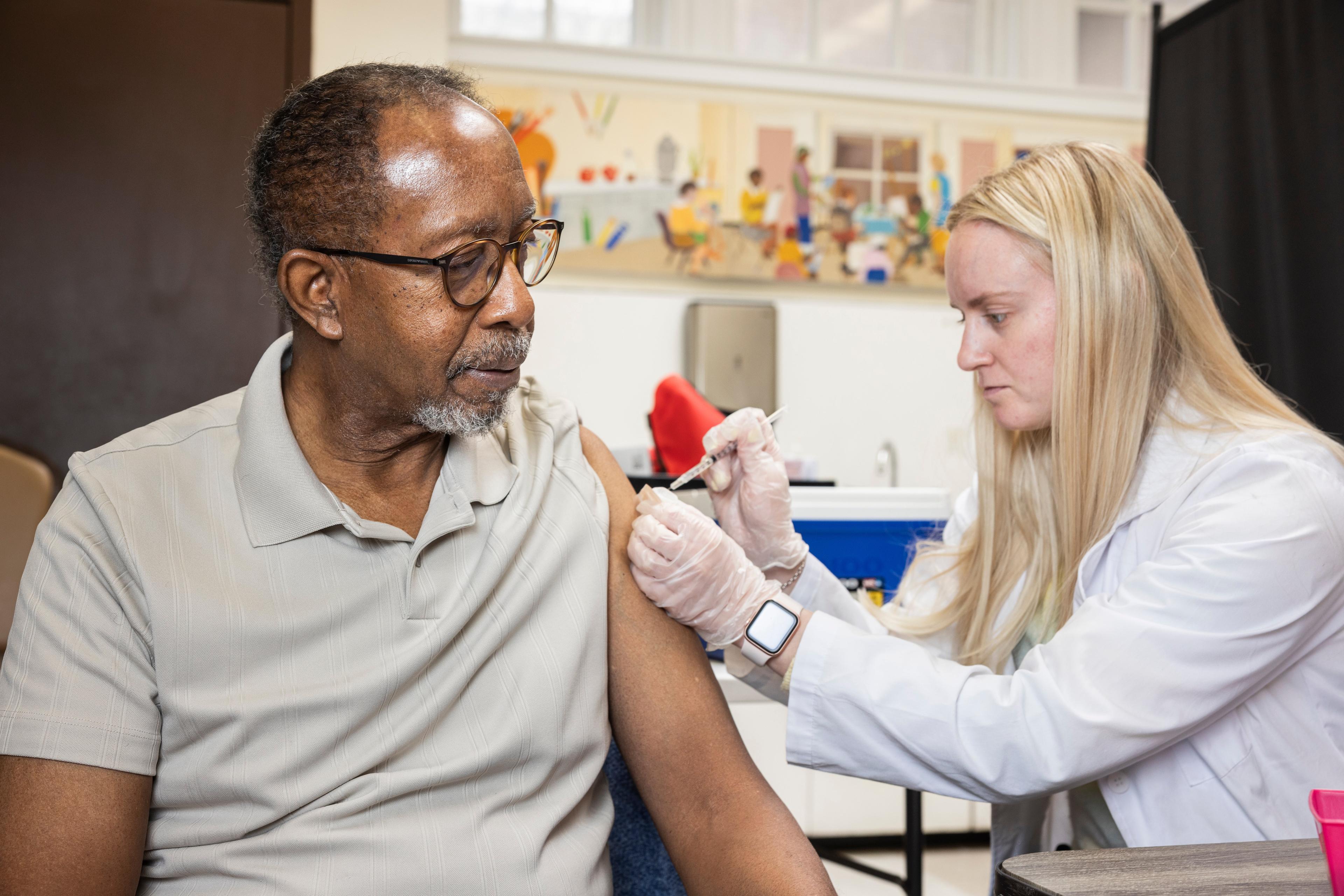
2024
Obesity Bill of Rights
Along with the National Consumers League, NCOA launches the Obesity Bill of Rights calling for people with obesity to be screened, diagnosed, counseled, and treated according to medical guidelines.Read more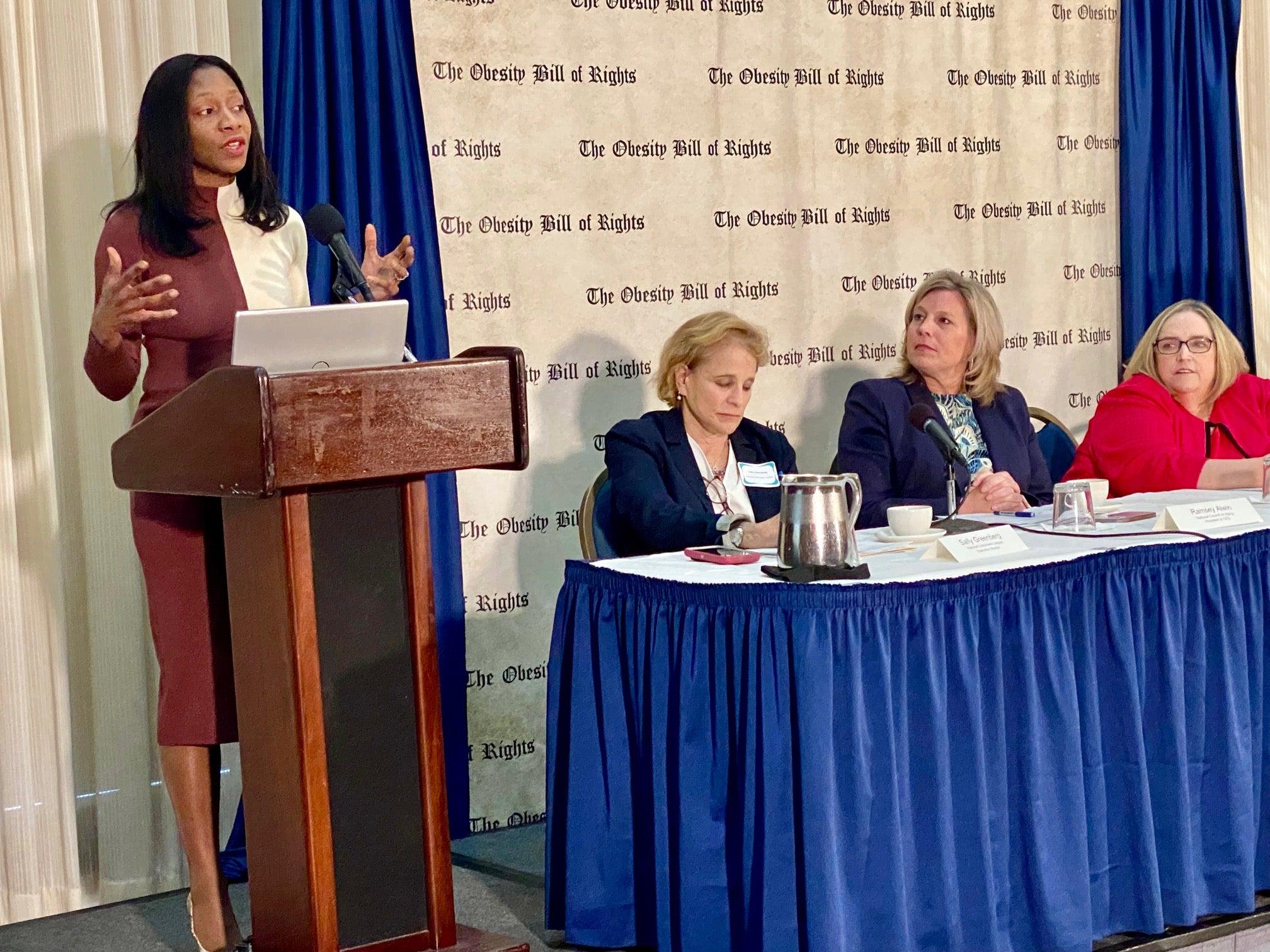
2025
75 Years of Impact
NCOA celebrates its 75th year with a renewed commitment to being the national voice for every American's right to age well.Meet our founders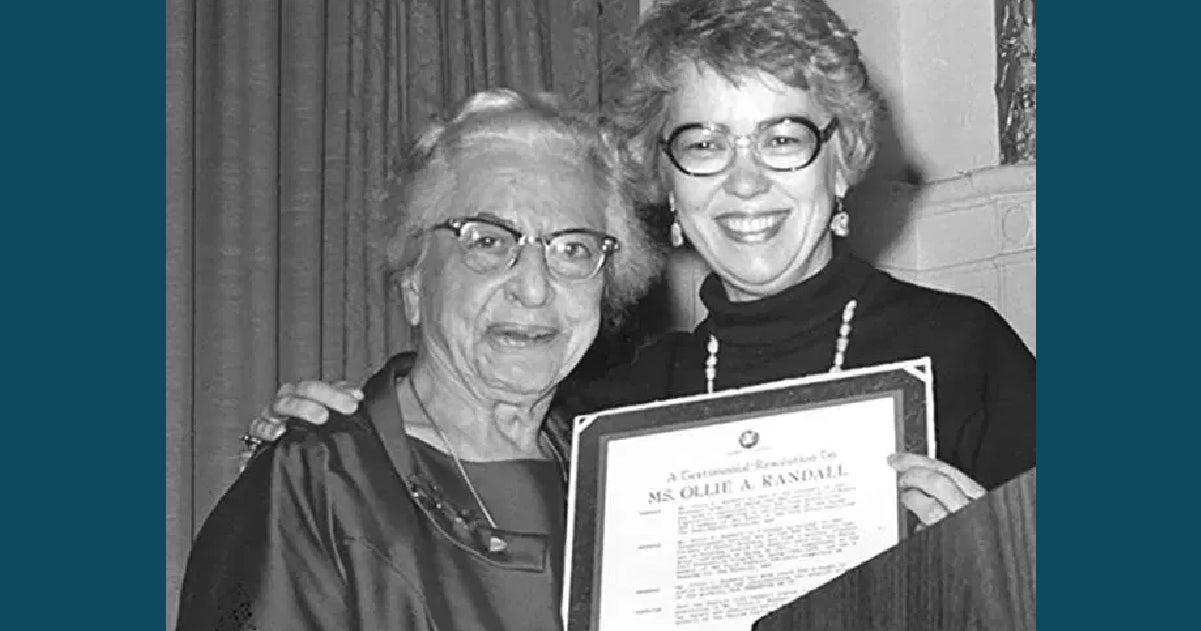
2026
40 Million Lives Improved
Together with partners and aging-well champions, NCOA achieves its social impact goal of improving the lives of 40 million older adults.See our impact